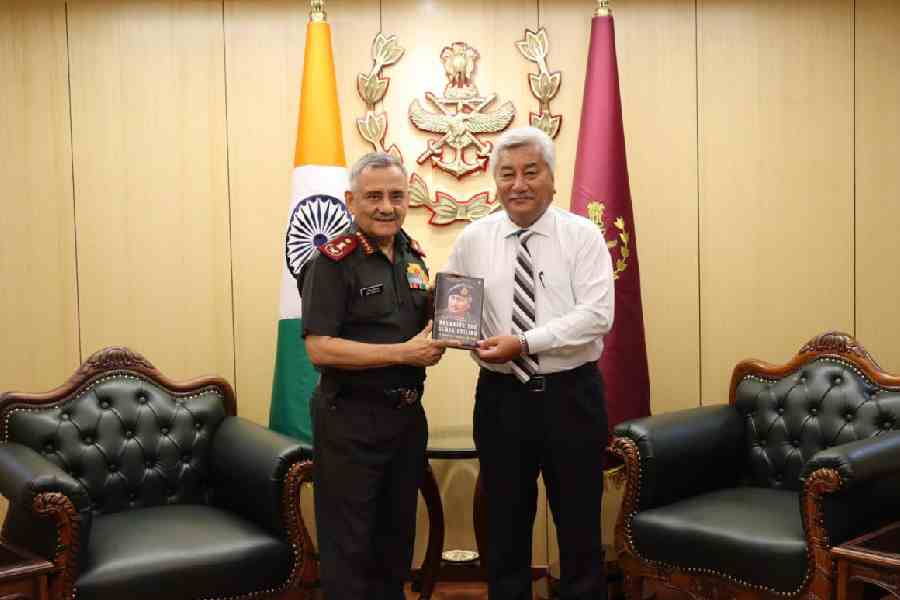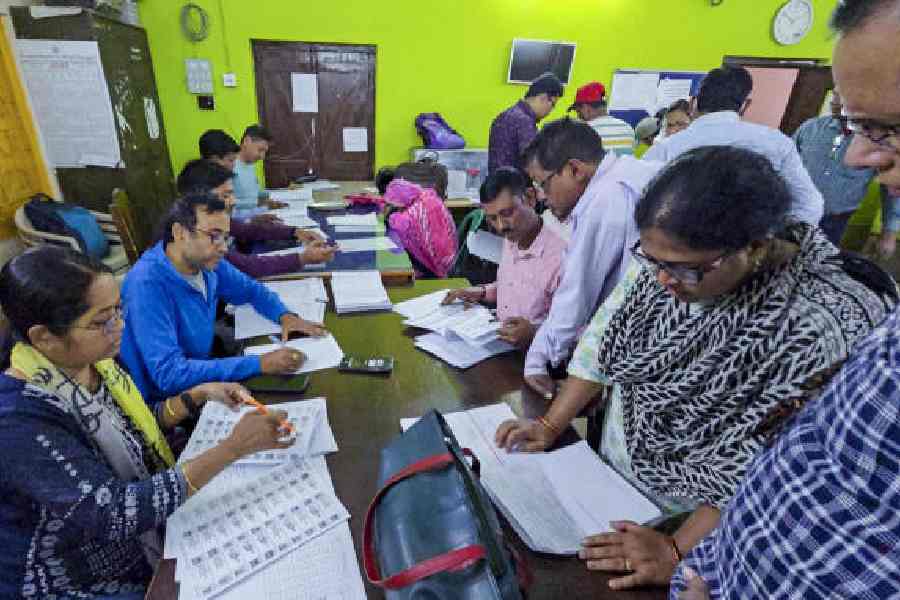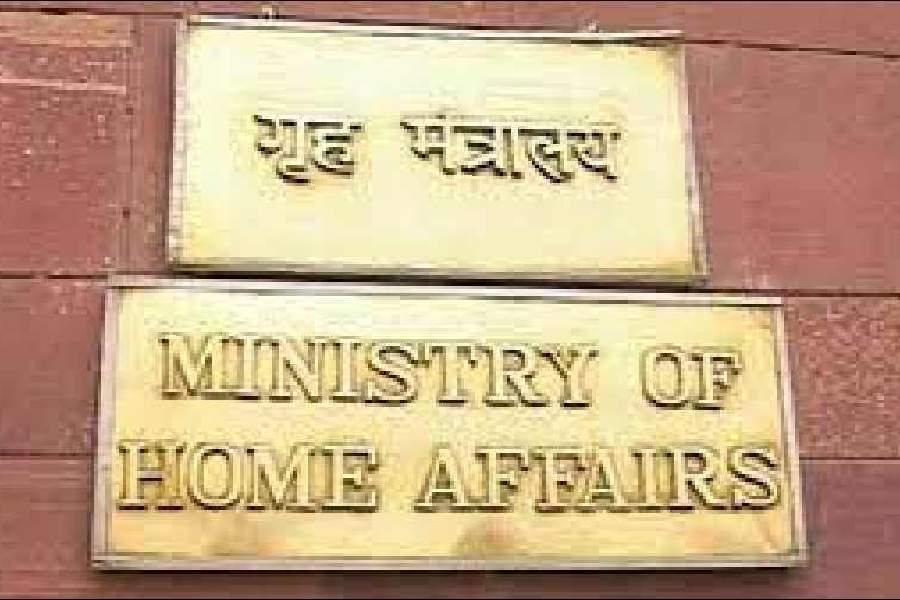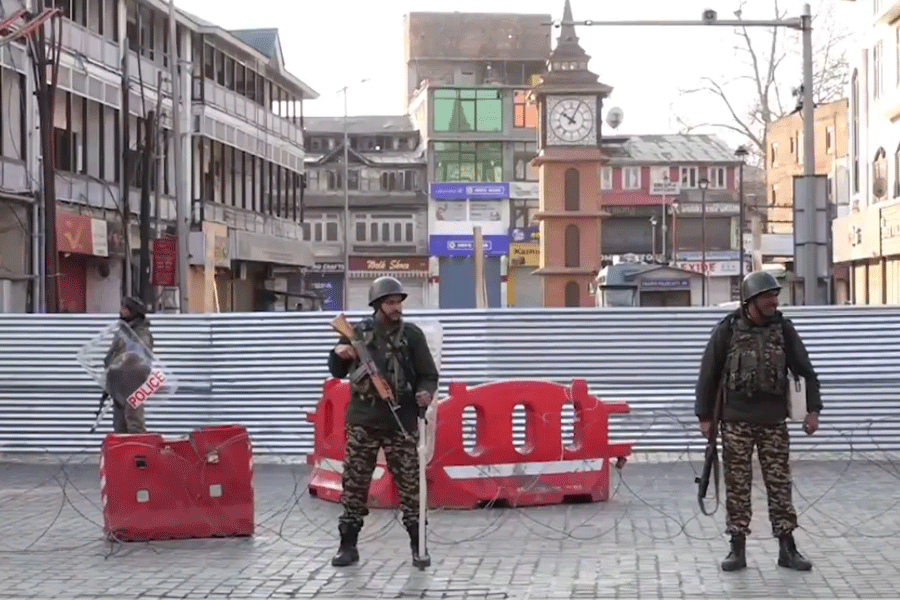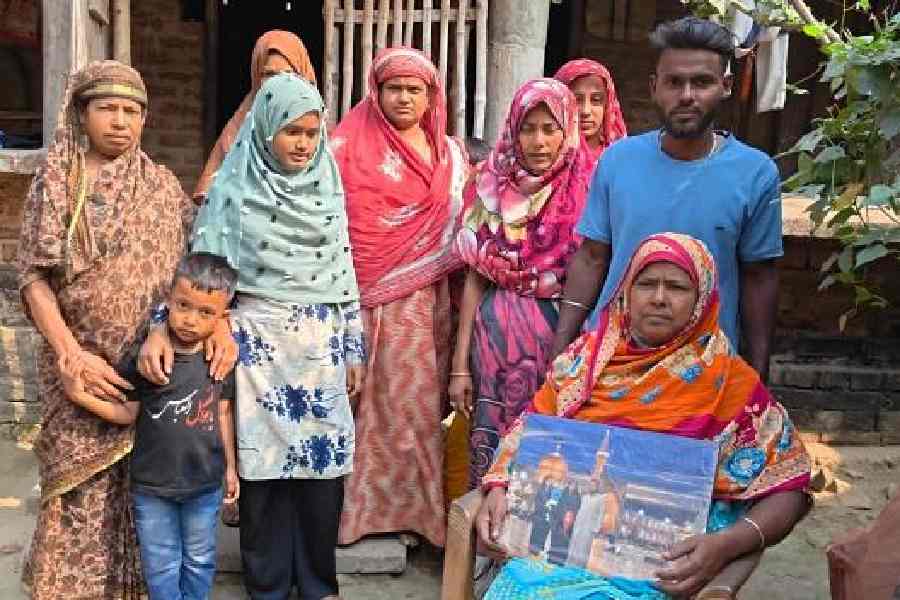Lieutenant General Shakti Gurung (retired), the first Gorkha to reach the highest echelons of command in the Indian Army, had shattered a myth.
In his memoir, Breaking the Glass Ceiling, the retired officer explains how he systematically broke down “assumptions” regarding the Gorkhas during his 40 years in the army.
In the opening line of his memoir, Gurung provides a glimpse of the challenges he faced at the start of his career:
‘ Kaanchha (young man),’ someone called out in a room full of men inside an officers’ mess.
‘ Kaanchha ,’ a senior officer called out, beckoning to me.
‘Which paltan (unit)?’
“15 Grenadiers, sir.’
‘No. Which paltan before that? It took me a while to understand him.
‘I am from the National Defence Academy (NDA), sir.”
Gurung said: “I was a second lieutenant and had just joined my battalion. I realised very quickly that almost everyone assumed that all Gorkhas enrolled as soldiers and then tried to get commissioned as officers. It would be this assumption that I systematically broke down, one step at a time.”
The officer rose through the ranks to become the first three-star Gorkha general in the army and retired as the military secretary in 2014.
Lt Gen. Gurung also served extensively in counter-terrorism and counter-insurgency operations in Jammu and Kashmir and the Northeast, and as the defence attaché in Myanmar.
The officer states that although the British had described the Gorkhas as ace fighters, they had sought to create a notion that members of the community could not lead.
“They (Britishers), however, sowed one fundamental seed that was taken as sacrosanct — the Gorkhas could be led but could not lead. Forgotten was the fact that the Gorkhas once ruled areas right from the Teesta in the east to the Satluj in the west,” said Gurung.
The author said that the realisation that most books on the Gorkhas had been written by the British and, after Independence, by others, had prompted him to present a native view.
“Documenting or telling our own stories has never been our strong point. As a result, there is little native view available-where we tell our tales…,” said Gurung.
The memoir, however, is not just about the struggle of a Gorkha soldier, but
also captures interesting facts from his operations against the ULFA in Assam, where his team managed to rescue a garden manager and a trader from a dense forest, as well as stories of other counter-terrorism activities.

